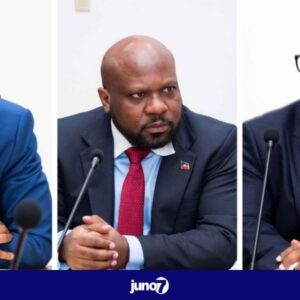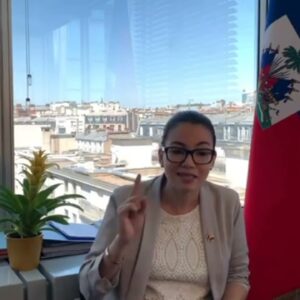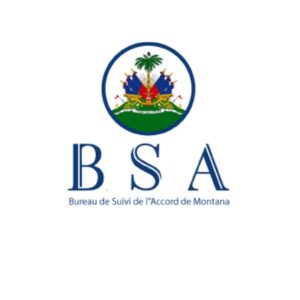Caricom diplomats on Wednesday urged Haitian politicians to move forward with a delayed plan to replace virtual de facto Prime Minister Ariel Henry with a transition council, a move that could trigger the long-awaited deployment of a international security force.
The transitional council – agreed with mediation by the Caribbean Community (CARICOM) bloc – was delayed by more than three weeks due to factional fighting over who should be part of it and what their powers should be. Haiti’s de facto government says it is reviewing the constitutional concerns that have been raised but is working as quickly as possible.
“We recognize that the agreement has not found favor with all, but currently it presents one of the best opportunities to move the country forward,” said Samuel Hinds, Guyana’s ambassador to the Organization of American States (OAS), the current leader of CARICOM.
“The goal of CARICOM is not to impose a solution on the Haitian people but to advance discussions,” added Hinds, affirming that the implementation of the transition plan marked a “significant opportunity” to rebuild the confidence and could help pave the way for foreign troops to intervene to help restore order.
Henry first requested an international force to help police battle powerful armed gangs in 2022 and the United Nations later ratified a Kenyan-led deployment. But Nairobi put that on hold when Henry announced his resignation on March 11, pending the establishment of a new government.
Some Haitian military and civilian associations have called for an alternative transition method, such as choosing a provisional president from among the justices of Haiti’s Supreme Court. Opponents say it is a move by Mr. Henry’s allies to retain power and say it delays the process as the death toll rises. Most of the Court’s judges were appointed by Henry.
Frank Mora, the Washington-based U.S. ambassador to the OAS, reiterated his country’s “unwavering support” for the security mission and urged all stakeholders to respect the transition council’s plan and Henry’s commitment to resign once his replacement is appointed.
The United States has not pledged troops but has promised the greatest financial support for the mission, although lawmakers have blocked much of those funds. As of March, less than $11 million, from France and Canada, had been deposited into the dedicated UN fund.
Meanwhile, Haiti’s capital has been in a state of anarchy for weeks as gangs lay siege to areas they do not yet control. The National Palace has been attacked several times, and the international airport and ports are blocked, worsening life-threatening food and medical shortages.
OAS diplomats approved a resolution declaring support for the transition plan and security mission, but did not mandate specific contributions or funding to the country’s financially distressed humanitarian groups.
The United Nations estimates that at least 1,500 people were killed in the first three months of this year, as gang violence, already described as catastrophic last year, intensified in the political vacuum.







